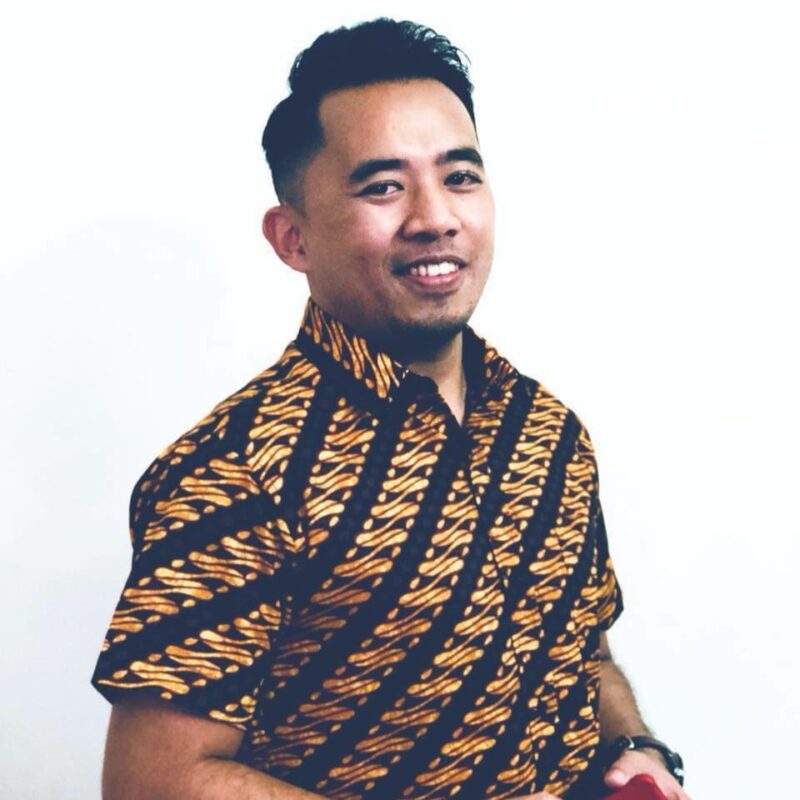
This site
is mobile
responsive
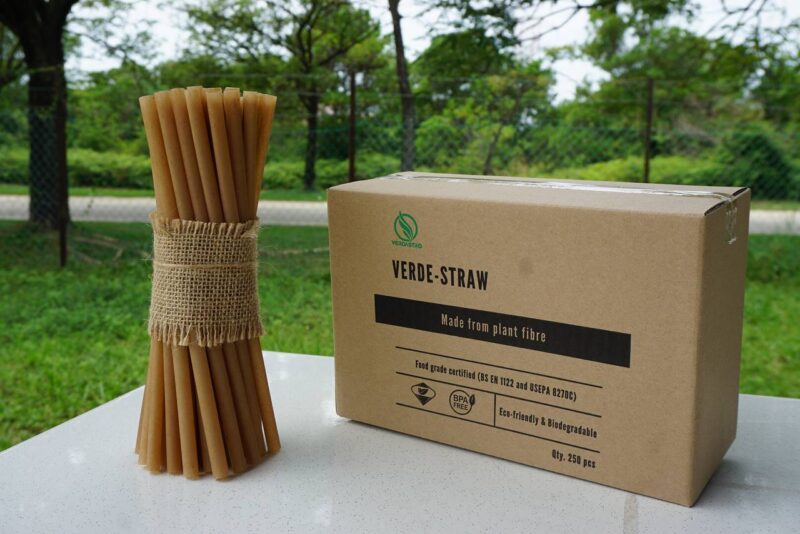
Verdastro’s eco straw products, derived from OPT.
Though officially registered as a company in May 2020, bioplastic innovator Verdastro Sdn. Bhd. (Verdastro)’s solutions are a result of three years of lab research since 2017. The company has successfully commercialised its key innovation: manufacturing bioplastic from Oil Palm Trunks (OPT).
The Verdastro team, led by its Executive Chairman Dato’ Nasri bin Nasrun and Managing Director Mr. Amir Hakimin bin Hashim, came upon the idea of using OPT as its raw material due to the abundance of stocks and resources. Typically, the trunks are left to decay naturally on-site at oil palm plantations post-harvesting.
Verdastro’s dedicated research team – led by environmental biotechnology expert A.P Dr. Azrul Naim bin Mohamad – discovered a scientific formulation that produces bioplastic from OPT. Today armed with SIRIM Eco Label and Food Contact Application certifications, Verdastro is currently manufacturing eco straws and eco cutlery made from OPT.
A unique bioplastics solution
Pre-pandemic, conservative estimates had Malaysians using 30 million plastic straws daily, with the majority of these single-use plastics ending up in landfills. Verdastro’s OPT-to-bioplastics solution aligns with the oil palm industry’s United Nations Sustainable Development Goals (UN SDGs) with regards to zero burning activity and reduced carbon emissions.
Verdastro Managing Director Mr. Amir Hakimin bin Hashim said, “Currently, we are seeing the eco straw market overrun by starch-made, sugarcane-made and rice-made straws. However, these materials will eventually disrupt the chain of nutrition and food security for humans.
“Meanwhile, paper straws elicit a common complaint that they quickly become soggy when placed in a drink. In some cases, these straws start to dissolve in liquid. Moreover, the manufacturing process for paper straws emits air pollution and uses gallons of fresh water. Contrast this to the manufacturing process for our eco straws from OPT: no air or water pollution,” he added.
Verdastro is currently focused on eco straw manufacturing, having set up a 23,000 square foot factory in February 2021 at Gebeng Industrial Park, near Kuantan Port. The factory, which is equipped with an in-house controlled R&D lab, can produce up to 21 million eco straws a month.
Moving forward, Verdastro will launch its eco cutlery solutions derived from OPT. Just like its eco straws, the OPT-based eco cutlery is entirely biodegradable and compostable, in keeping with the company’s goals to support a global circular economy.
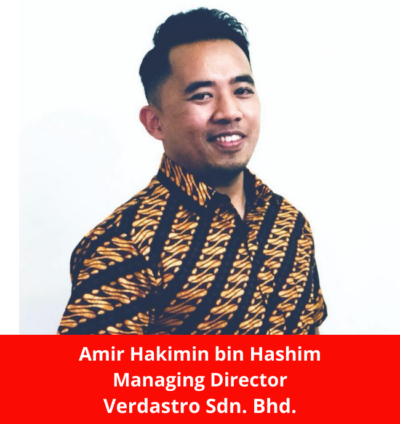
Reducing plastic waste in oceans
Amir Hakimin pointed to the massive impact waste plastics have in water sources as a motivator for Verdastro’s innovation in bioplastics.
He said, “From the tiniest plankton to the largest whales, plastics impact every species in our ocean. Every year, eight million metric tonnes of plastics enter our ocean on top of the estimated 150 million metric tonnes that currently circulate in our marine environments. There is evidence that microplastics and even smaller particles called nanoplastics can move from a fish’s stomach to its muscle tissue, which is the part that humans typically eat. War on plastic pollution requires concerted efforts from users and producers. Hence, Verdastro feels that we are playing our part by offering better eco alternatives to single-use plastics.
Heightened consumer awareness
However, Verdastro’s solutions also make business sense in the current consumer environment, where end users are increasingly aware and want to know where and how the products they use daily are made. With heightened awareness and demand for environmental-friendly products, this has in turn affected their willingness to pay and purchase products like eco straws and cutlery.
Amir Hakimin believes programmes and policies should focus on promoting environmental awareness and knowledge among consumers, towards improving willingness to pay.
“Though there are a lot of imported products that claim to be biodegradable and green from their countries of origin, doubts still linger as to the actual raw material and manufacturing process,” he remarked.
Nearly every material will biodegrade, given enough time. But the length of the biodegradation process is highly dependent on environmental parameters such as humidity and temperature, which is why Amir Hakimin cautions against claiming that a plastic is “biodegradable” without further context.
“This also creates confusion between biodegradable, compostable and oxo-degradable plastics. Oxo-degradable plastics are neither a bioplastic nor a biodegradable plastic, but rather a conventional plastic mixed with an additive in order to imitate biodegradation,” he noted.
Investing in going green
The world is going green, from recycling, bioplastic and power generation to organic groceries and sustainable fisheries. Everyone, it seems — including climate change scientists, businesses, consumers and politicians – are interested in easing the burden humanity places on the environment.
In choosing a sector for green technology investment, Amir Hakimin said the focus is on finding not just the most lucrative opportunities but also one that aligns with their personal and environmental interests.
“New initial public offerings can become top green investment prospects, as smaller, successful private companies grow and list on exchanges. Ideally, all green tech investments can be considered good investments, but keep in mind that there are risks associated with investing in any new technology as well as unknown and emerging companies,” he said.
For more information, please contact MIDA’s Domestic Investment and Supply Chain Coordination Division.
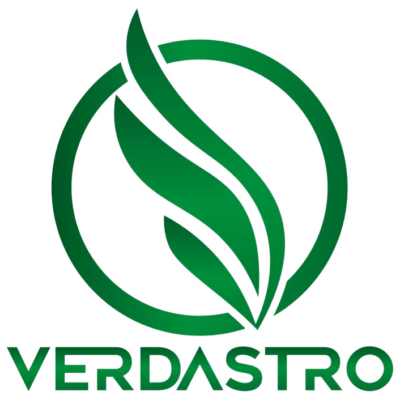
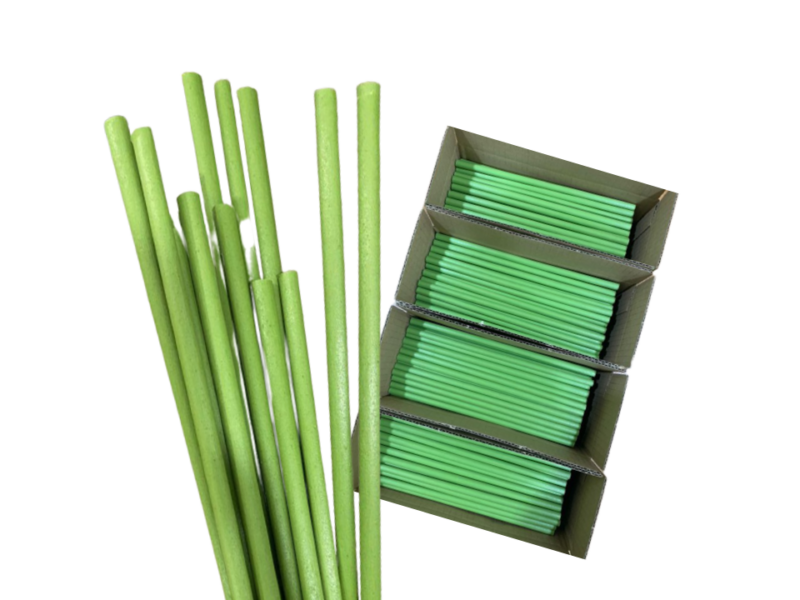
Source: MIDA e-Newsletter January 2022